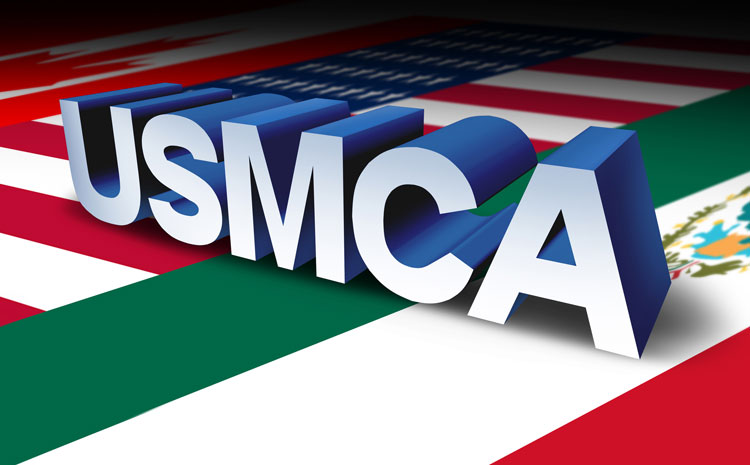
More than 70 years ago, Robert and Dottie Jacquier started Laurelbrook Farm with just 18 cows and nothing to their name. This March, their grandson, Jim — known as “Cricket” — testified before a House Committee on Agriculture hearing on behalf of the National Milk Producers Federation and shared how dairy exports helped his family’s farm grow and thrive across four generations.
“The opportunities for the next generation would not have been possible without the market opportunities created by trade agreements that support dairy exports,” Cricket told Congress.
Trade wins overseas deliver tangible benefits for America’s dairy farmers and rural communities here at home. That is why we in dairy invest in dismantling tariff and nontariff barriers and expanding market access.
Establishing trade relationships
NMPF, working in close coordination with the U.S. Dairy Export Council (USDEC), began 2020 already celebrating a number of critical trade wins, including the Phase One agreement entering into force with Japan. Shortly after, the Phase One agreement with China was signed. To round out January, the United States-Mexico-Canada Agreement (USMCA) became law.
Each agreement came after years of dedicated advocacy by both USDEC and NMPF to advance our trade priorities. Each contained notable wins for dairy farmers, co-ops, and the industry as a whole. But our work was just beginning.
NMPF, with USDEC support, immediately mobilized to ensure effective implementation and worked with government officials to hold our trading partners accountable to their commitments. We also began to lay the groundwork with negotiators and Congress for dairy’s needs in a comprehensive Phase Two deal with Japan. Further, we pressed for additional avenues for U.S. dairy to maximize its potential in China.
Protecting consumer understanding of cheese names
Closer to home, we are working to ensure Canada is held strictly responsible for abiding both by the letter and intent of USMCA and that Mexico fulfills its obligations to strengthen protections for common cheese terms — such as Parmesan, Havarti, and Feta.
Securing protections for common cheese terms remains a key issue for the dairy industry. Together, NMPF and USDEC have marshaled robust support for the U.S. government to enhance its trade policy on this issue; our work with the Consortium for Common Food Names resulted in more than 170 members of Congress signing two letters demanding that the U.S. take a stronger approach to preserve these rights and safeguard U.S. market access abroad.
This accounting of accomplishments does not even begin to capture all of the work our team does day-in and day-out in close collaboration with USDEC. This includes pivoting quickly to resolve issues that affect the smooth flow of exports, like working to address detained dairy shipments to India and regulatory hurdles in Mexico. There are also long-term projects, such as our work to successfully secure lower dairy tariffs in Vietnam and China or to champion a new government partnership that will better support U.S. dairy exports. This is not to mention the regular engagement with Congress and trade officials to ensure dairy remains top of mind in current and future trade negotiations.
NMPF plays a critical role in lobbying and advocating for dairy farmers and the cooperatives they own, while our partnership with USDEC allows us to work on behalf of the entire dairy industry, as well as dairy customers and allies.
All of this is worth it when new doors open and U.S. dairy exports continue to grow. Because as Cricket testified, expanding exports will secure a brighter future for the next generation of dairy farmers.








